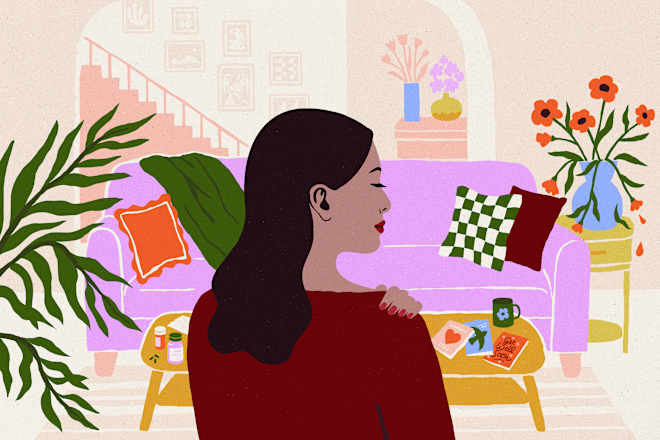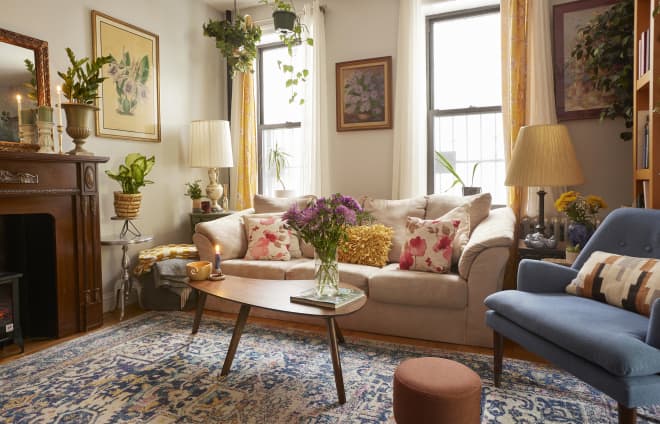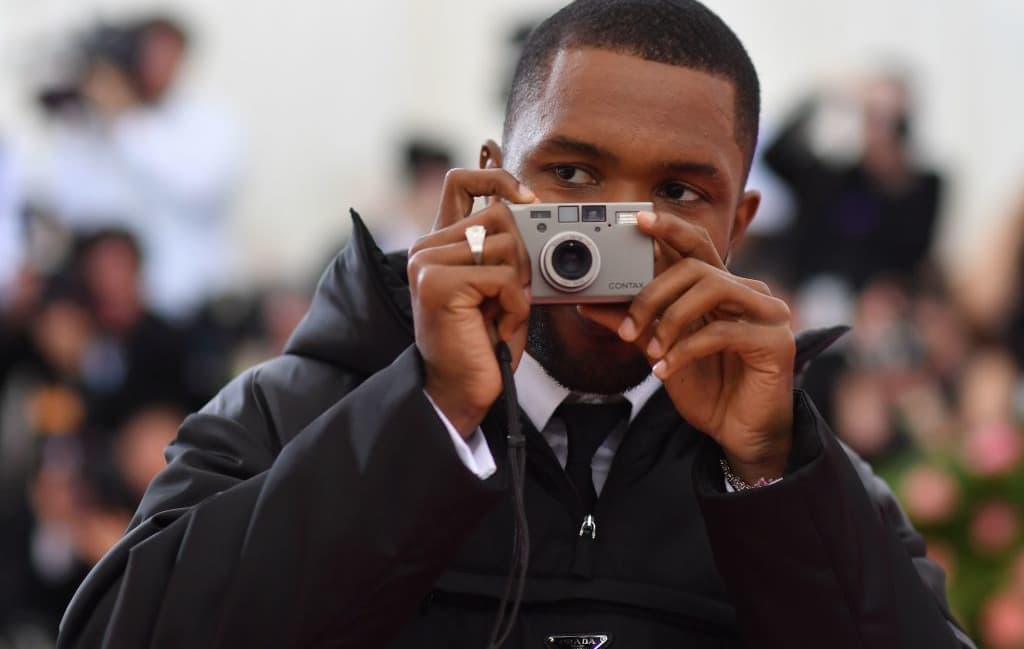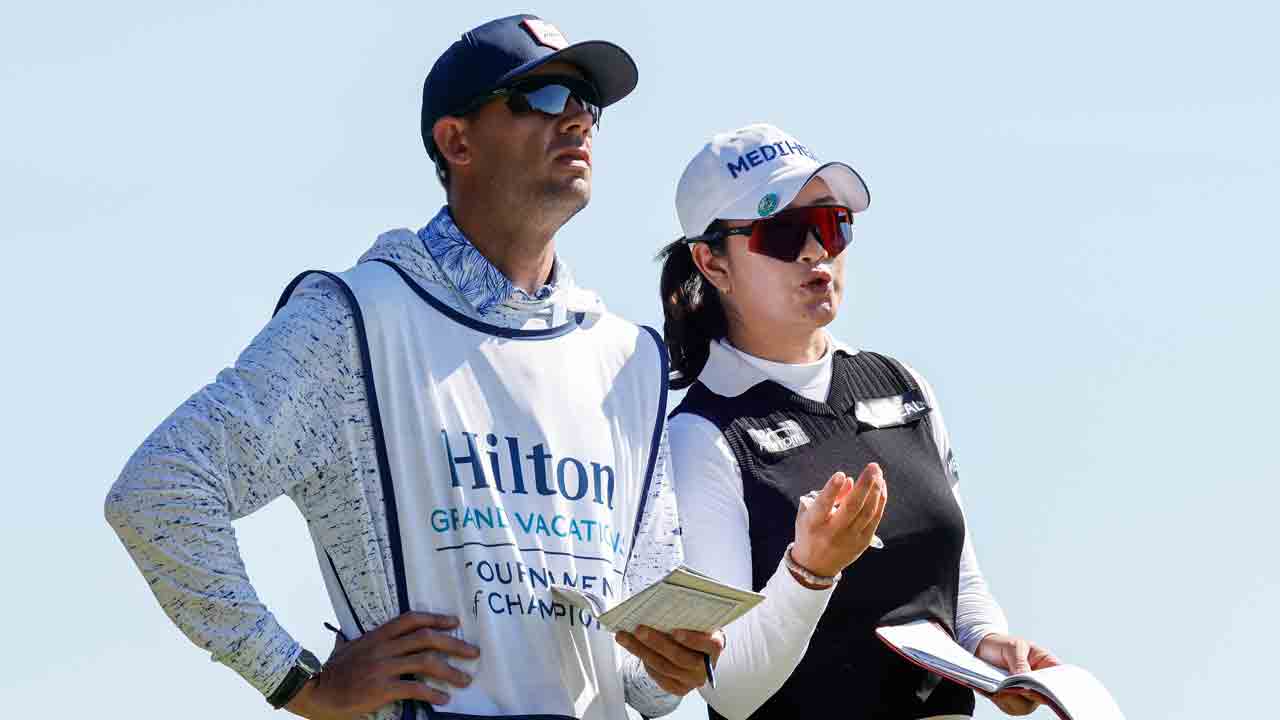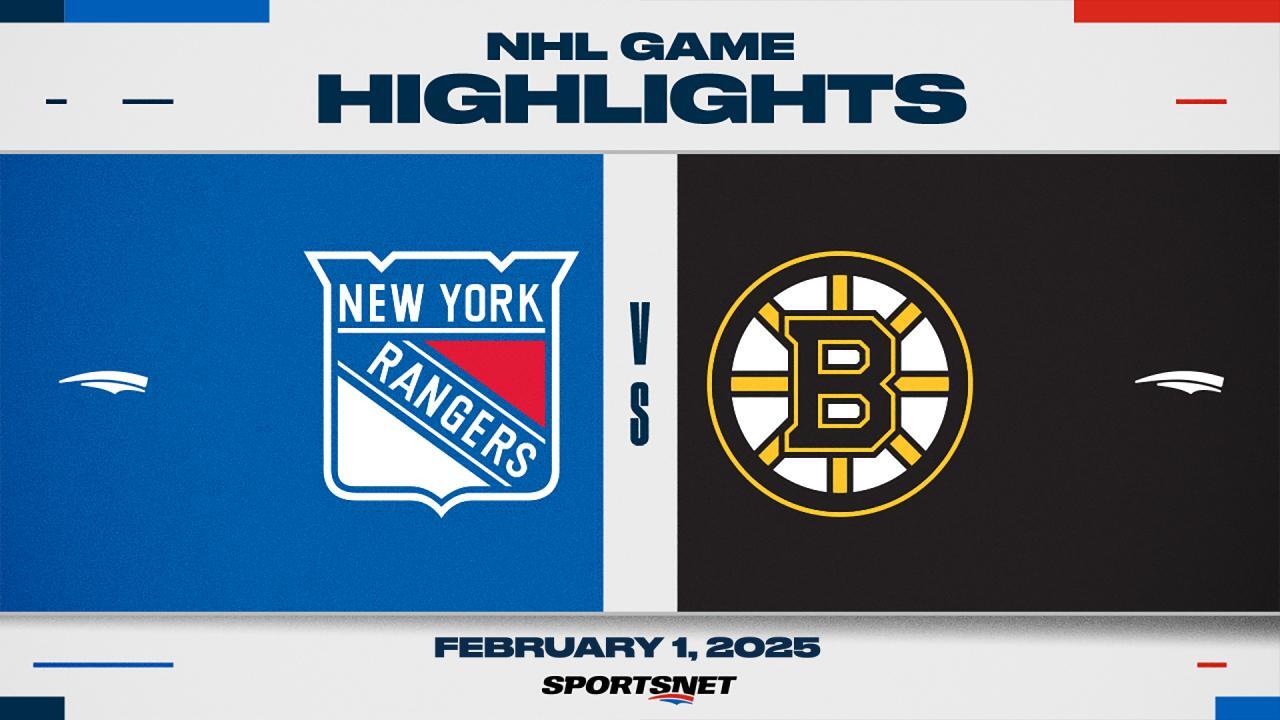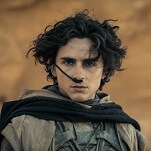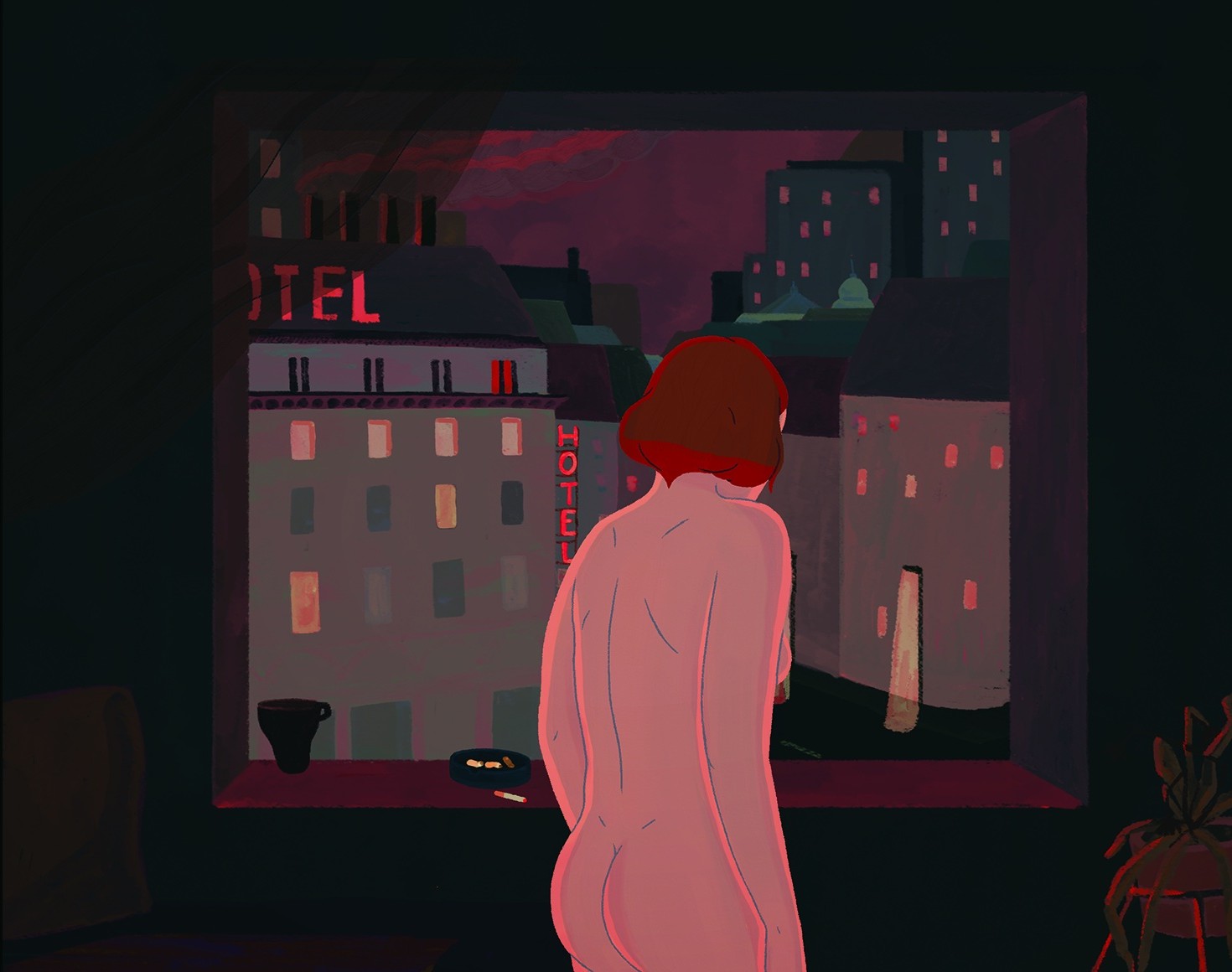One more cup of coffee in Mulholland Drive
Adam Woodward reflects on the importance of a cup of coffee in David Lynch's Hollywood neo-noir. The post One more cup of coffee in Mulholland Drive appeared first on Little White Lies.

Mulholland Drive is often cited as David Lynch’s most ambiguous feature film. But there is a scene in it that has always stood out to me for how clearly it illustrates the writer/director’s long-standing obsessions with control, power and the creeping dread that lurks beneath seemingly ordinary situations. I’m talking, of course, about the espresso scene, which for my money ranks as one of the finest – and most revealing – in Lynch’s entire filmography.
A quick recap: The scene takes place in a drab, mahogany-panelled boardroom somewhere in Los Angeles. Director Adam Kesher (Justin Theroux) has been persuaded by his manager to meet with two twitchy Hollywood executives and a pair of enigmatic mobster siblings named Luigi and Vincenzo Castigliane (played by Lynch’s long-time collaborator Angelo Badalamenti, who also composed the music for the film, and Dan Hedaya, respectively), who wield considerable influence over the film Kesher is hoping to make. As the scene unfolds, Lynch ratchets up the tension, switching focus from a terse discussion about the casting of the lead actress to the more serious matter of a man drinking coffee.
Needless to say, this is not your average joe – in fact, in the context of the scene, it’s equivalent to a ticking bomb in the trunk of a car or a wine bottle filled with uranium. A deceptively simple, masterfully deployed narrative device that creates an atmosphere of suspense thick enough to make even Alfred Hitchcock break into a cold sweat. The audience is made implicitly aware of the looming threat of the espresso from the moment a waiter enters the room and presents the execs with a menu; their hubris palpable as they fool themselves into thinking that their latest choice will meet Luigi’s exacting standards.
After a brief, frosty exchange in which everyone in the room might as well be speaking a different language, the waiter re-enters, cautiously setting down a cup and saucer – and, not before being prompted, a napkin – next to Luigi. The camera closes in on Vincenzo and then Kesher as they begin staring each other down like they’re in a Mexican stand-off. Suddenly, the faint clink of china draws Kesher’s attention back to Luigi. Everyone holds their breath. Luigi gently places the napkin in the palm of his left hand, picks up the cup with his right – extending his little finger as he does so to complete the well-rehearsed ritual – and takes a short, decisive sip.
It’s not that the coffee isn’t to Luigi’s taste – he is physically repulsed by it, spitting it back out into the napkin in comically exaggerated fashion. He treats the serving of such an unsatisfactory brew as a personal affront, discarding the soiled napkin and scrunching his face in disgust. Off-camera, one of the executives, his voice strained with panic, mutters “shit”. Then, as Luigi rises to his feet, Kesher breaks his stunned silence to ask (not unreasonably) what on earth is going on. At the same time, Vincenzo violently blows his nose, then blows his top. The camera tightens once again on Vincenzo as he glares at Kesher, mad-eyed, before informing him in no uncertain terms, “It’s no longer your film”.
There is so much packed into these six minutes, so many small yet crucial details that never fail to make me smile, no matter how many times I watch the film: from Badalamenti’s ominous pinkie raise to Theroux’s baffled expression when the offending drink is viscerally regurgitated in front of him. Perhaps more than any other scene in Mulholland Drive, the espresso scene is the perfect distillation of Lynch’s unique ability to blend the mundane with the menacing. It is also deeply funny. Coming from someone who reportedly consumed up to 20 cups of coffee a day, it epitomises the self-awareness and wry sense of humour that made Lynch such a beloved figure.
In light of his untimely passing, however, the scene takes on a more poignant note. After all, here was a filmmaker who, in his own impish, inimitable way, delighted in holding a cracked mirror to Hollywood, reflecting its lopsided power dynamics and the arbitrary judgements that can make or break a person’s career. Tellingly, he would also direct just one more feature film, 2006’s Inland Empire, post-Mulholland Drive. In a film billed by Lynch himself as ‘a love story in the city of dreams,’ the espresso scene ultimately serves as a sobering reminder of the stark disparity that persists between those who create art and those who control it.
There was always the sense with Lynch that he never quite figured out his place in the American film industry (such as it is), but also that this suited him just fine. Because, against all the odds, the shy kid from Missoula, Montana still managed to craft a wonderfully rich, varied and, let’s face it, weird body of work – one that consistently defied expectations and pushed creative boundaries. David Lynch did things his way to the very end. That’s something we can all raise a cup of java to.
To commemorate the life and creative legacy of the peerless filmmaker David Lynch, Little White Lies has brought together writers and artists who loved him to create ‘In Heaven Everything Is Fine‘: a series celebrating his work. We asked participants to respond to a Lynch project however they saw fit – the results were haunting, profound, and illuminating.
The post One more cup of coffee in Mulholland Drive appeared first on Little White Lies.
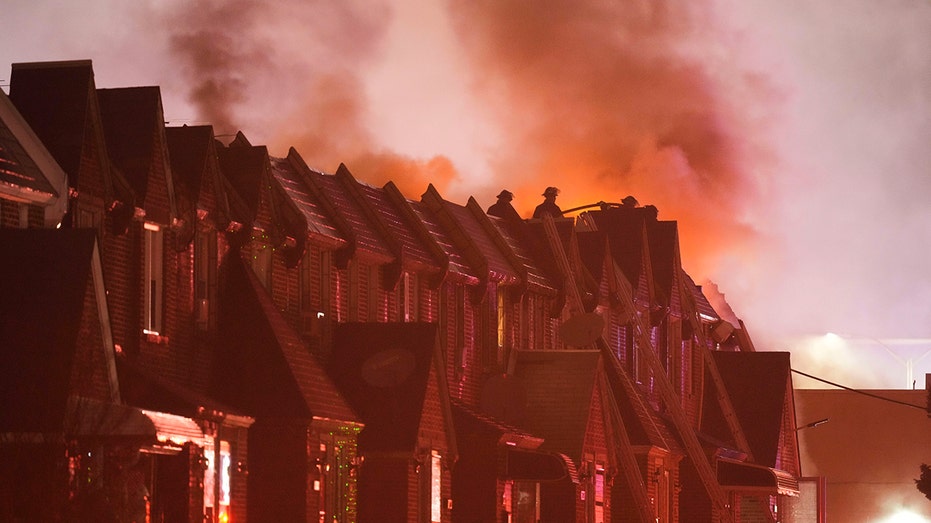
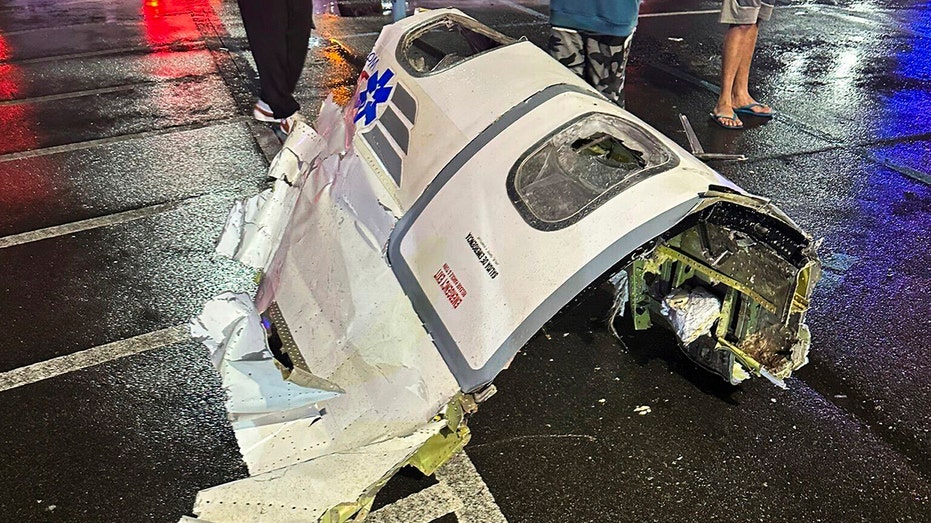

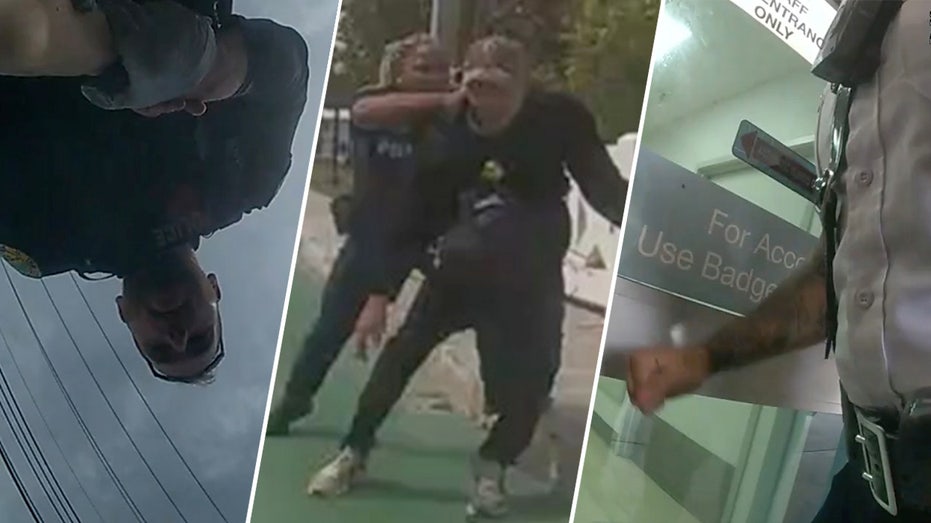
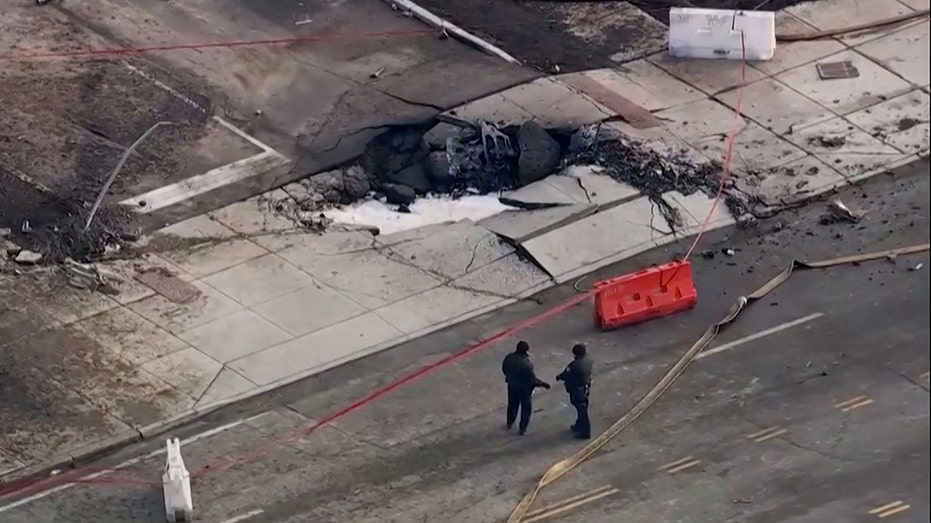















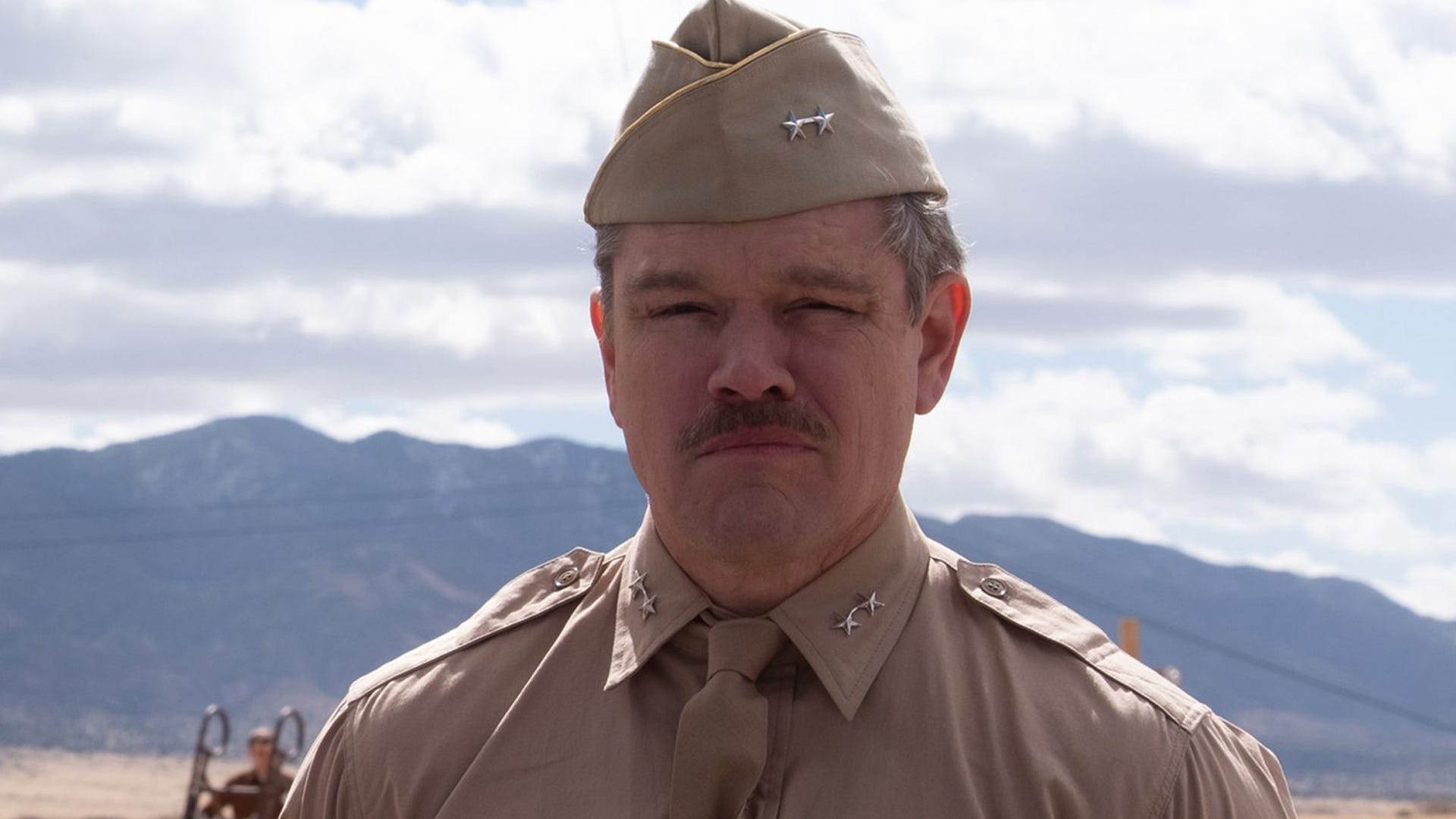

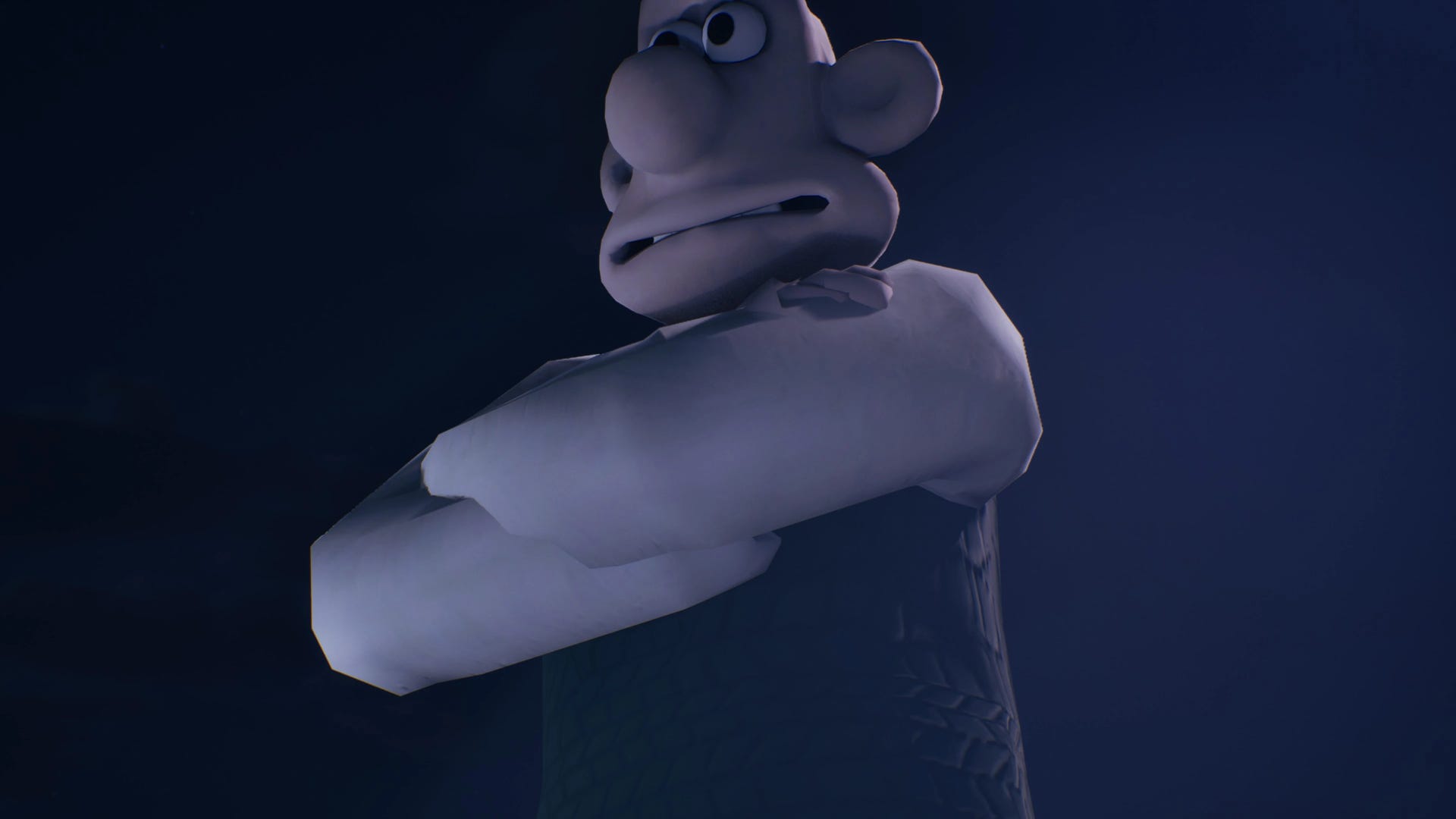
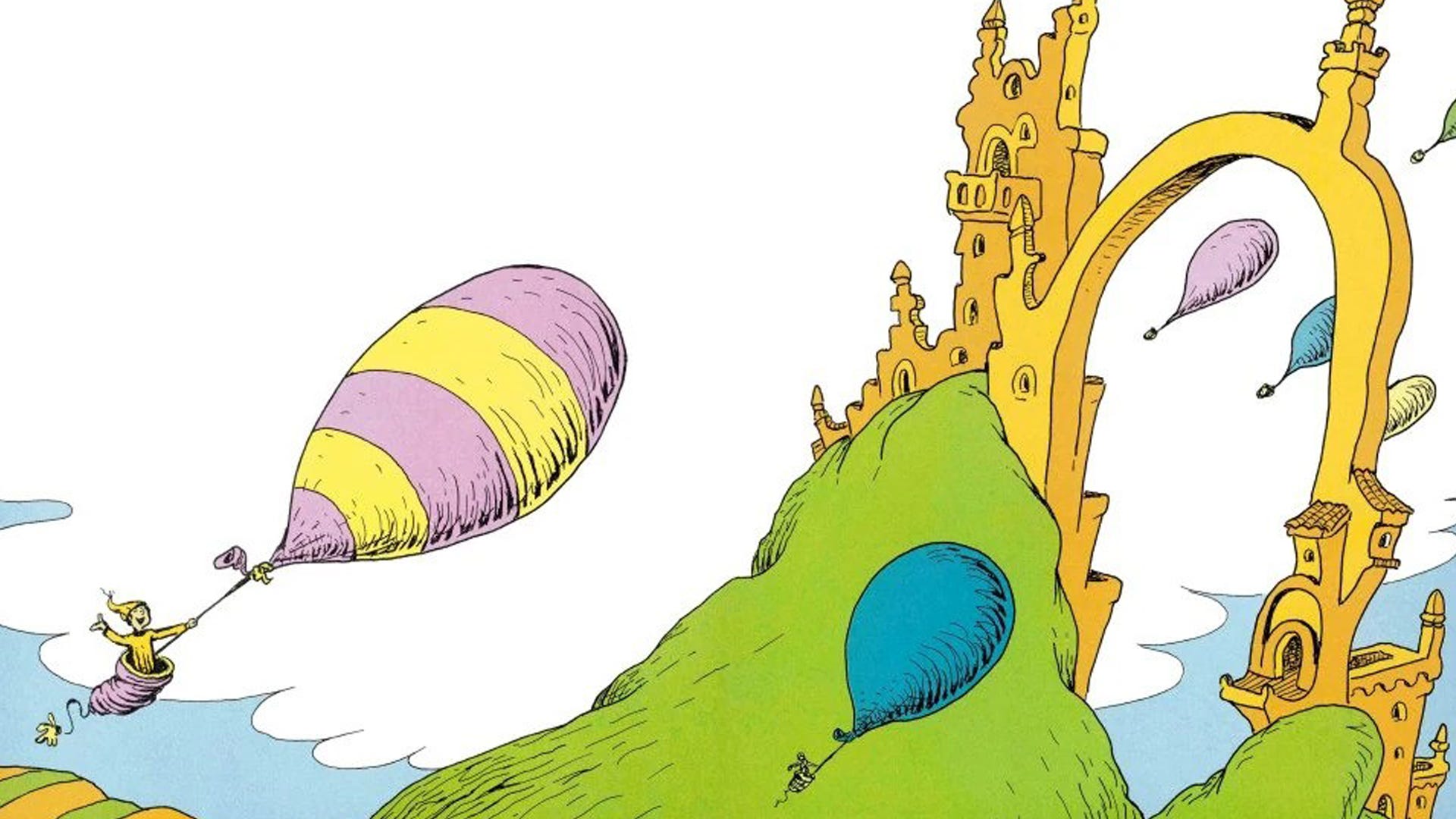






.png)



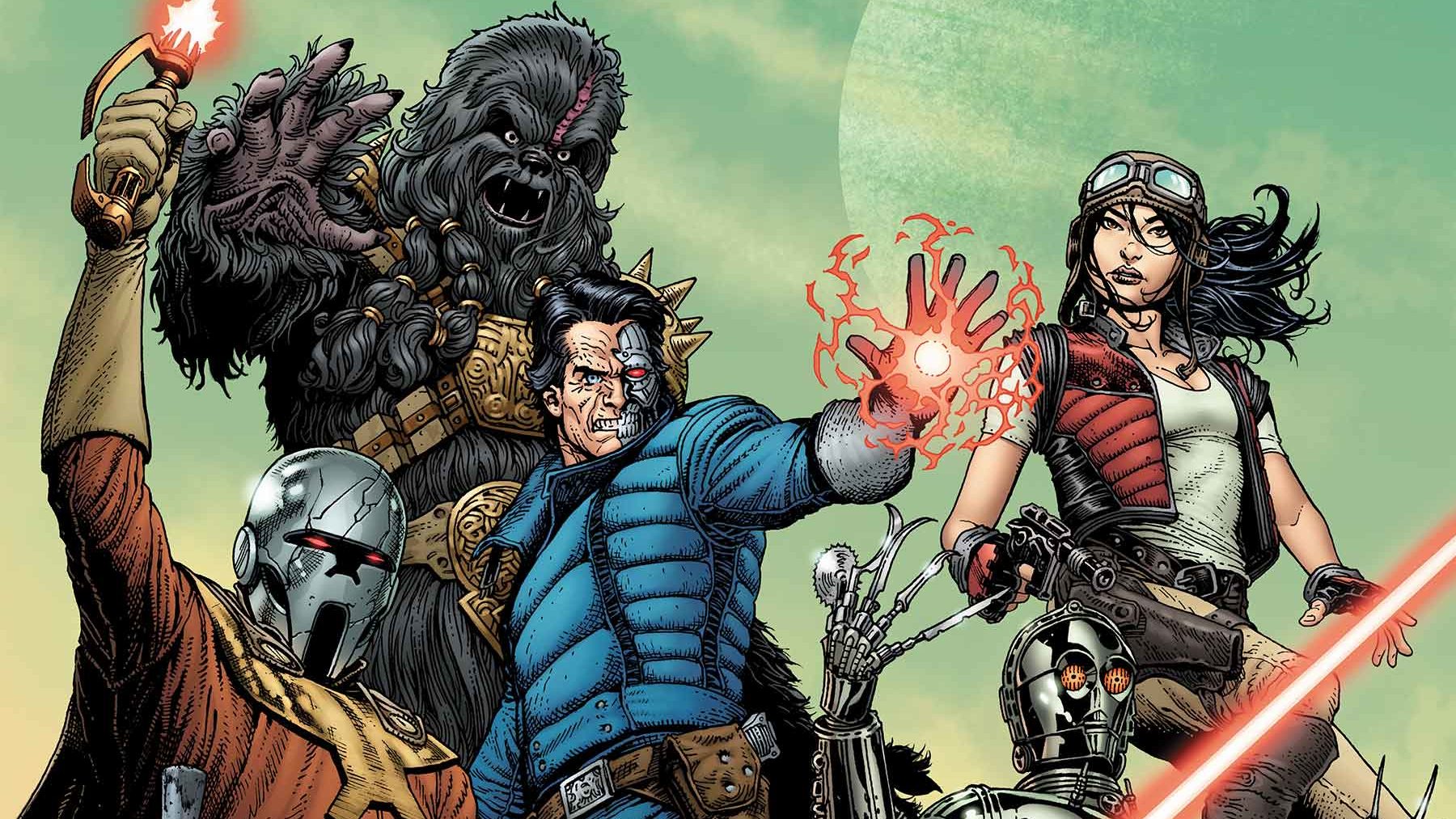

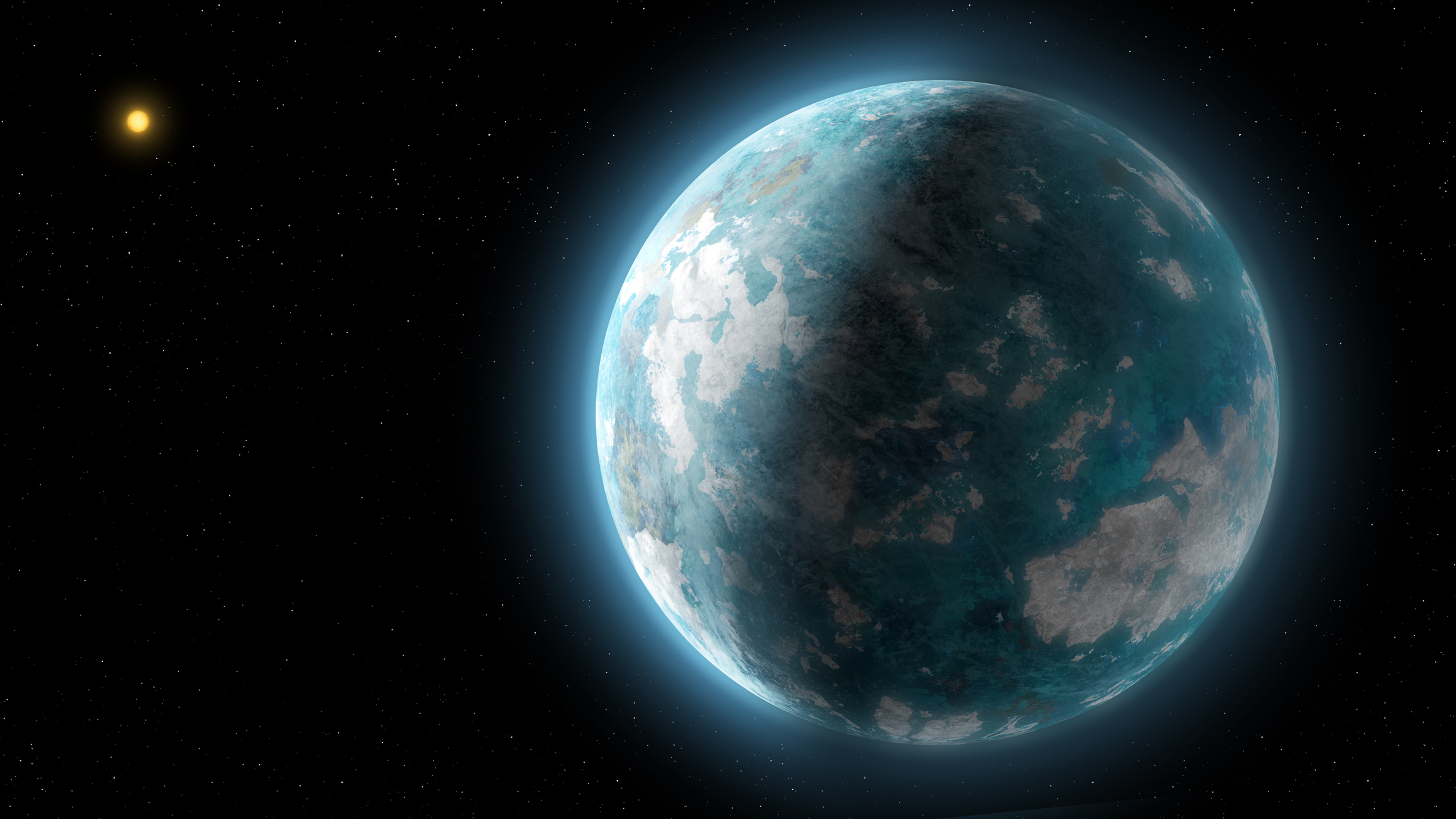
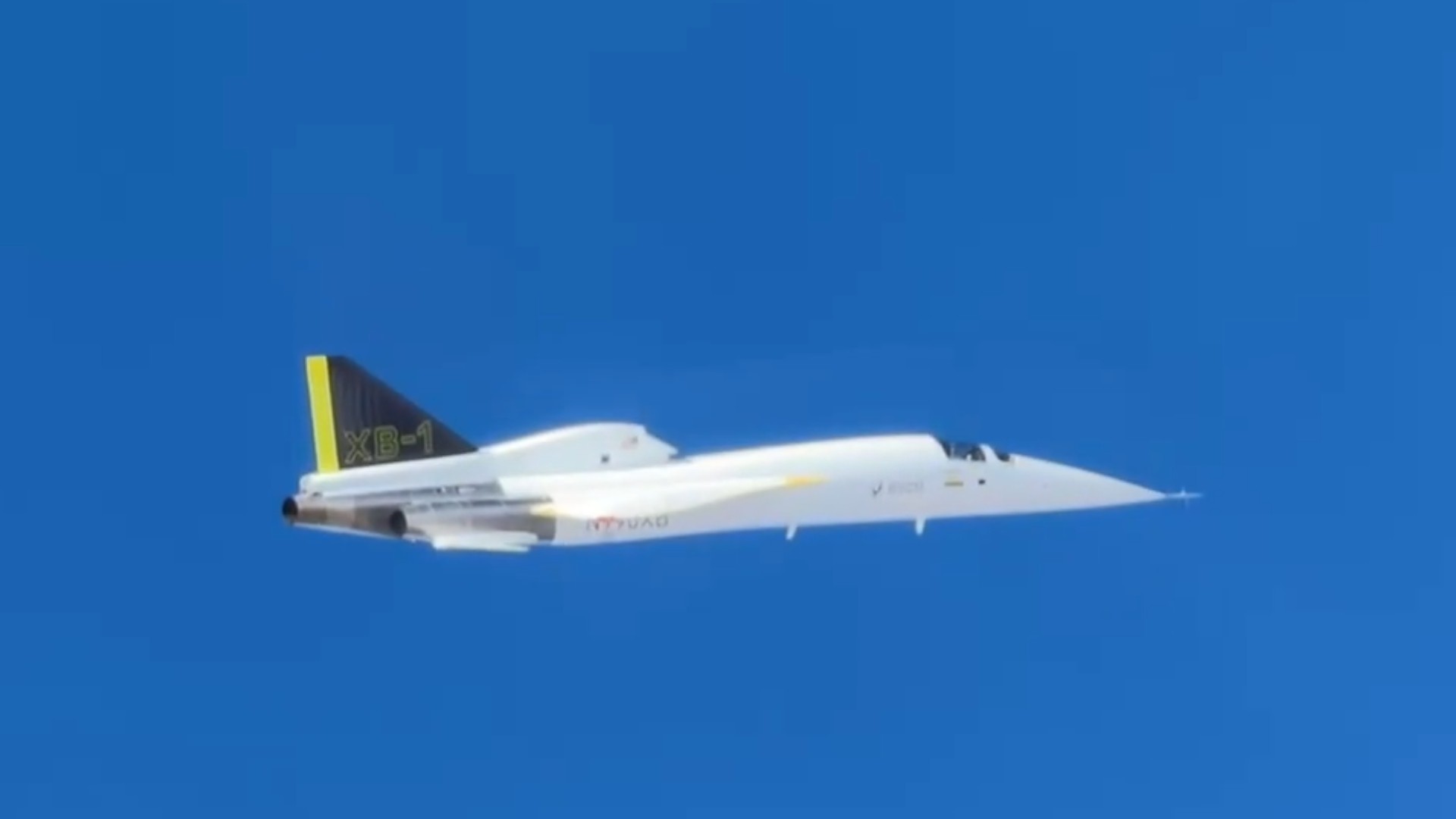






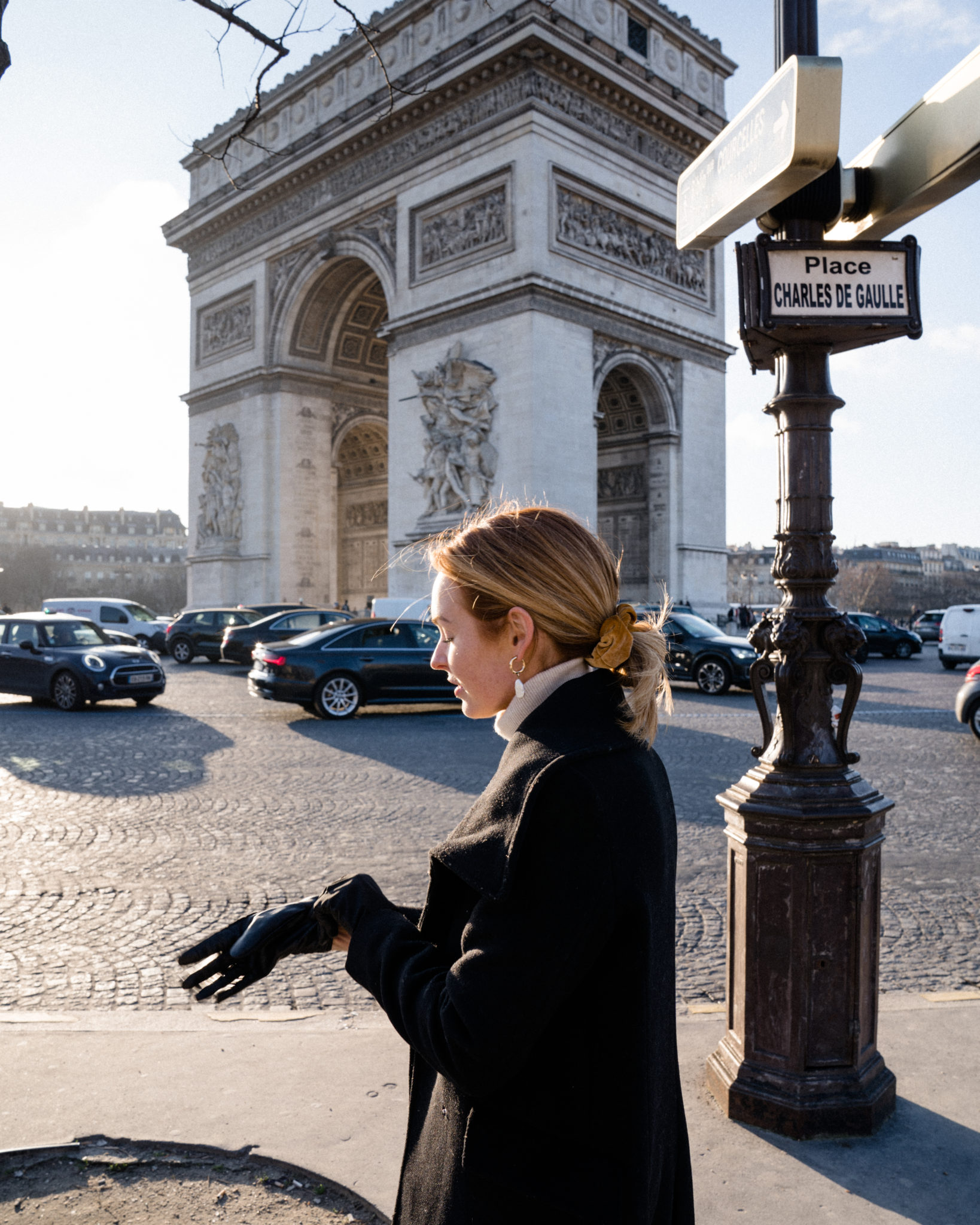







![‘Companion’ Ending Breakdown: Director Drew Hancock Tells All About the Film’s Showdown and Potential Sequel: ‘That’s the Future I Want for [Spoiler]’](https://variety.com/wp-content/uploads/2025/02/MCDCOMP_WB028.jpg?#)

